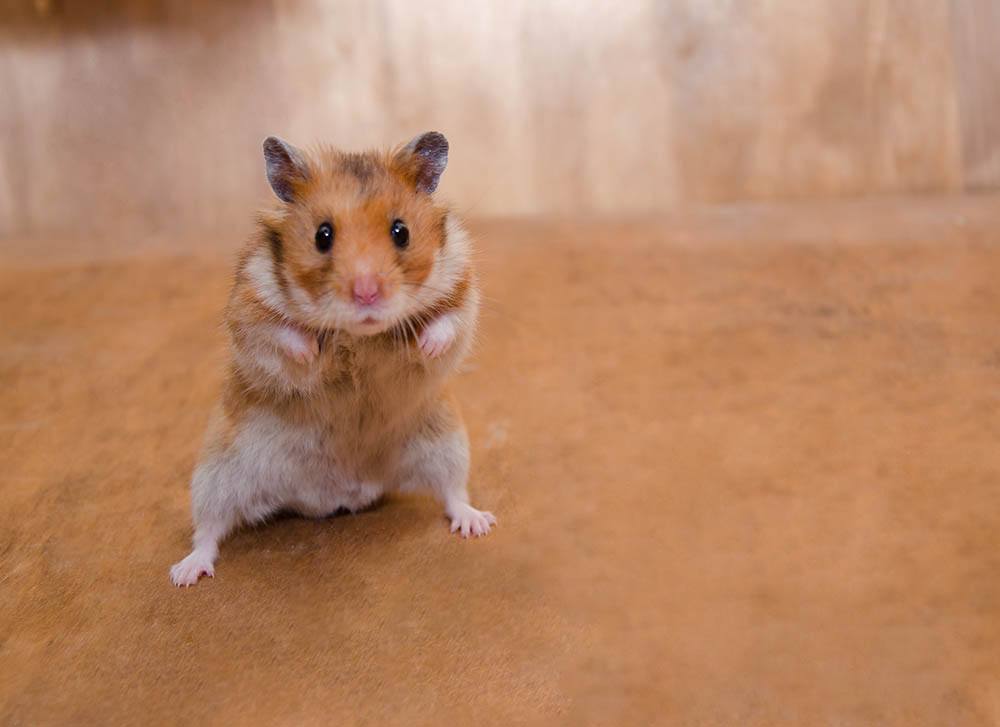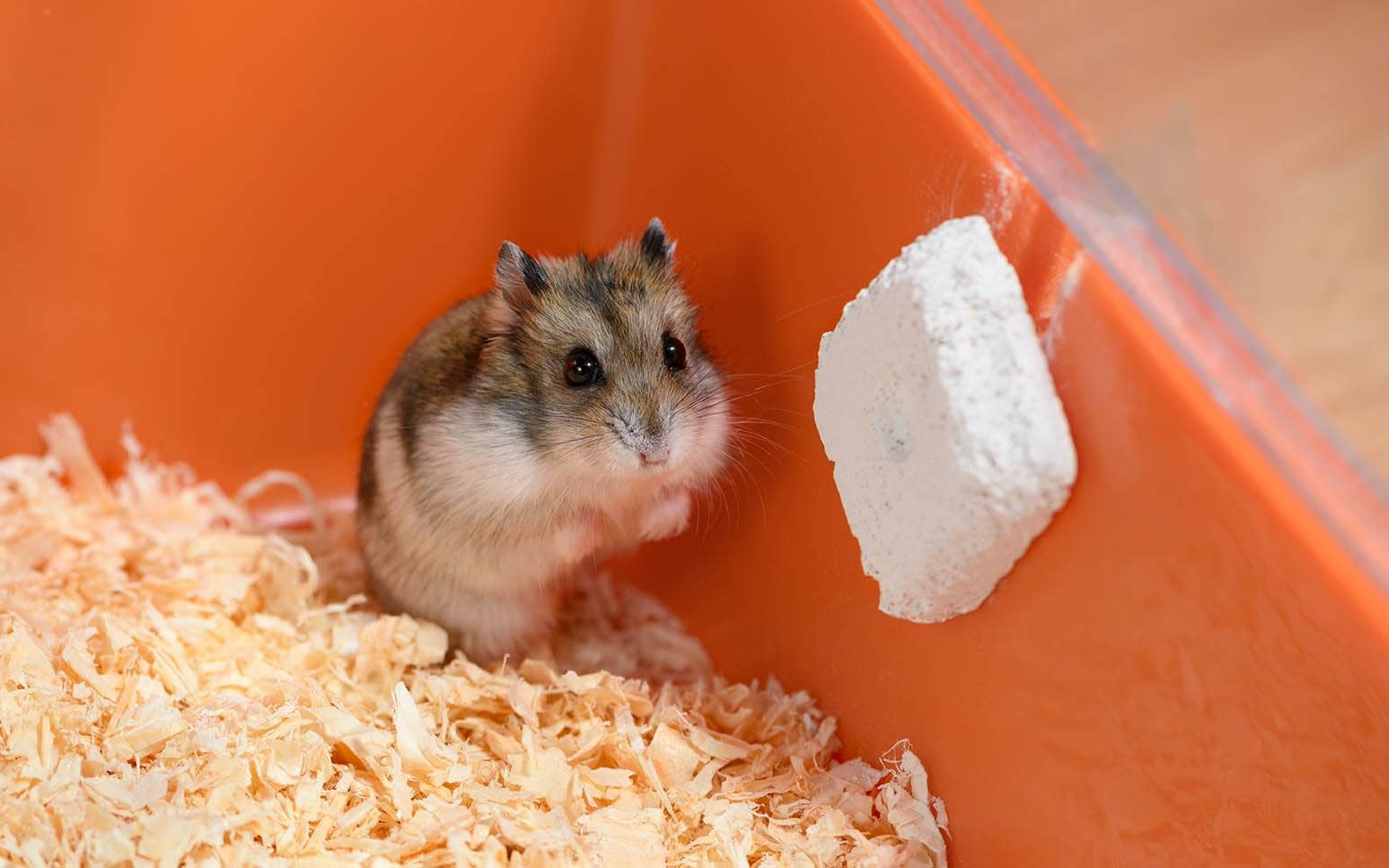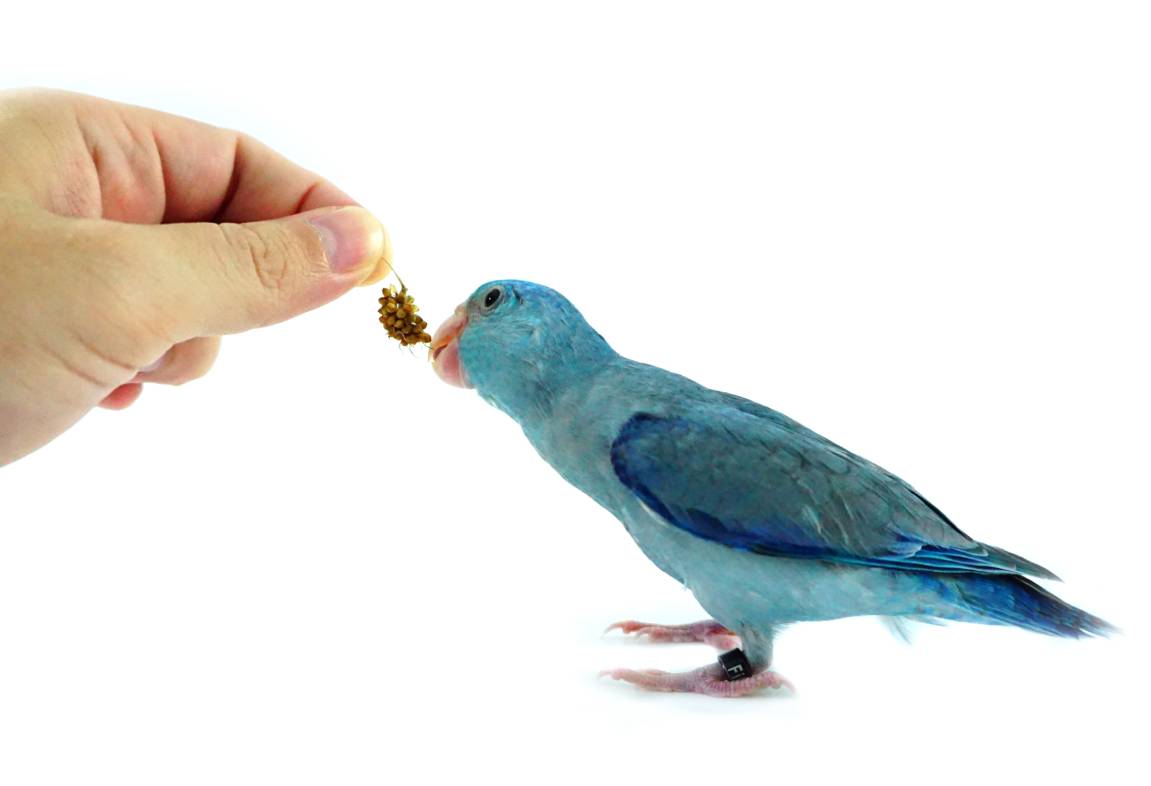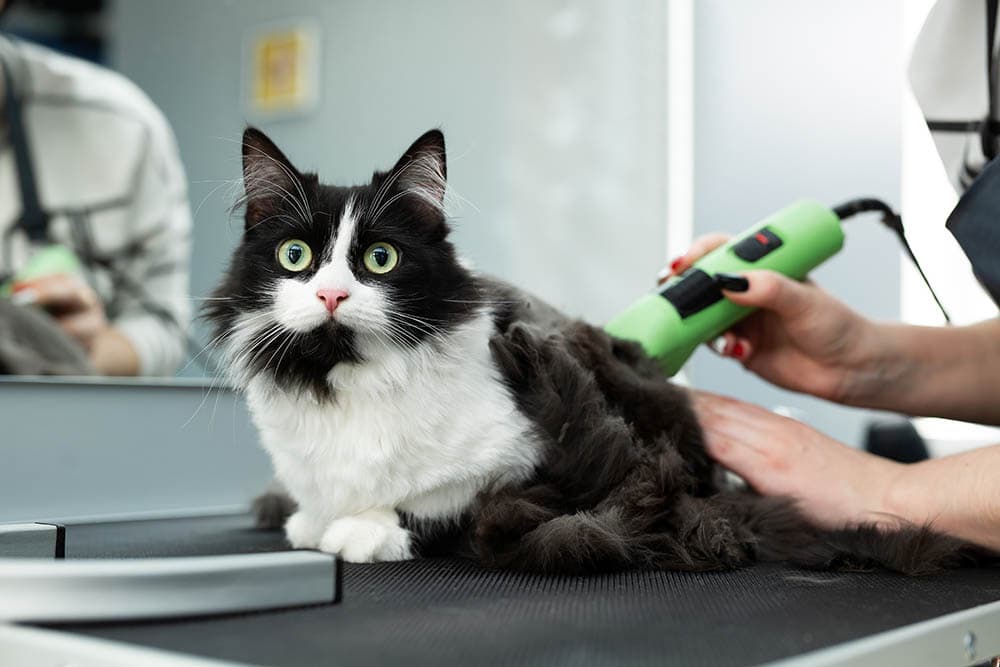Have you ever considered owning a hamster? They are an extremely popular pet due to their undeniable cuteness and ease of care. In fact, many parents make hamsters the first pets of their kids in order to teach them how to be responsible and nurture affection.
However, just because these are relatively low-maintenance animals doesn’t mean they’re devoid of issues. One common problem that owners encounter is their hamsters shaking.
Hamster shaking can have several different causes. In this article, we go over the four biggest reasons that your hamster might be shaking and how you can stop or prevent it.

Is It Normal for Hamsters to Shake?
Shaking and quivering are not normal in pets or humans. Most of the time, this behavior indicates that something is wrong. With hamsters, shaking could mean several different things. Your hamster might be under either physical or mental duress. This can be brought upon by health issues, such as diabetes, or through common life processes, such as hibernation. Hamsters will also shake due to excess emotional stimulation, such as fear or anxiety.
Regardless of the situation, shaking and quivering imply that your hamster is going through a stressful time, whether it’s normal or not.

The 4 Reasons Why a Hamster Is Shaking
As a hamster owner, you need to recognize the root causes of your hamster’s shaking. Some reasons aren’t as critical as others and can be simply corrected. However, being able to differentiate between an emergency situation and less-threatening shaking is crucial.
1. Fear and Anxiety
Hamsters and human beings alike tend to shake when in frightening or nerve-racking situations. These tend to be everyday occurrences for many hamsters, as these little furballs startle easily. This can be attributed to their diminutive size in a great big world.
However, through regular care and handling, your hamster can grow accustomed to you and become affectionate. But for many hamsters, this is a gradual process. There’s a good chance that they’ll be nervous and uneasy when you first hold them, which can lead to shaking and trembling.
This is also likely to happen whenever they’re around new people. Although you may be excited to show off your hamster, you’ll need to be aware of your pet’s comfort level. Most hamsters are only comfortable being around people they already know well through a gradual introduction. If you notice your hamster is shaking while introducing them to new people, ask your friends to refrain from touching them. This will help put your little critter at ease.

2. Climate and Hibernation
Your hamster may also start shaking based on the weather and season. When the ambient temperature becomes really cold, hamsters tend to hibernate and go into a low-energy condition. You’ll notice this happening when they stop doing their usual activities—running, burrowing, playing, etc.
It may look like your pet is extremely ill; however, hibernation behavior is normal.1 Sometimes when hamsters hibernate, they look lifeless apart from their breathing. But you can easily perk them right up. Just bring your hamster to a much warmer place. This will get them back up and moving again. However, the sudden change in their body temperature will cause them to shake and shiver. But don’t worry; this shaking is completely normal.
When their body temperature goes from cold to warm in a short period, it produces a reflex that causes the body to shake. It’s just like what we experience when walking into a toasty home after being outside on a cold winter day.
If your hamster starts shaking while getting out of hibernation, there’s no cause for alarm. But you need to monitor their shaking closely. They shouldn’t keep shaking for a long time after warming up. Continuous shaking might be a sign of a health issue. If you see your hamster shaking after an extended period post-hibernation, call your vet immediately.

3. Nervous System Problems
Apart from hibernation and anxiety, hamsters can shake due to problems involving their nervous system. This type of shaking can be triggered by excessive stimulation when humans touch them.
The stimulation forces their natural muscle motion to move abnormally, causing your hamster to shake and turn over their body. If you notice that your hamster shakes whenever they’re being held or touched, it is best to handle your little critter as delicately as possible.
Make sure to let your friends and family know about this condition of your hamster whenever you introduce your pet to them. That way, they can also handle your little one with extra gentle care.

4. Serious Medical Conditions
Shaking in hamsters can be a sign of an underlying medical condition. Known medical issues that can cause shaking in a hamster include diabetes, stroke, heatstroke, skin parasites, or congestive heart failure.
Other common signs to look out for to determine whether your hamster has a health condition are nasal discharge, watery stools, weight loss, rough appearance, and glazed-over eyes. If any of these occur together with shaking, it could mean that your hamster requires emergency medical care.

Final Note: Should You Worry About Your Shaking Hamster?
Shaking in hamsters can be completely normal or could mean something more serious. It all depends on the situation. However, if your pet hamster is showing signs of shaking that look out of the ordinary, it’s best to contact your vet or bring them to the clinic right away.
- This next article might be of interest to you: Hamster Sounds and Their Meanings
Featured Image Credit: IRINA ORLOVA, Shutterstock










